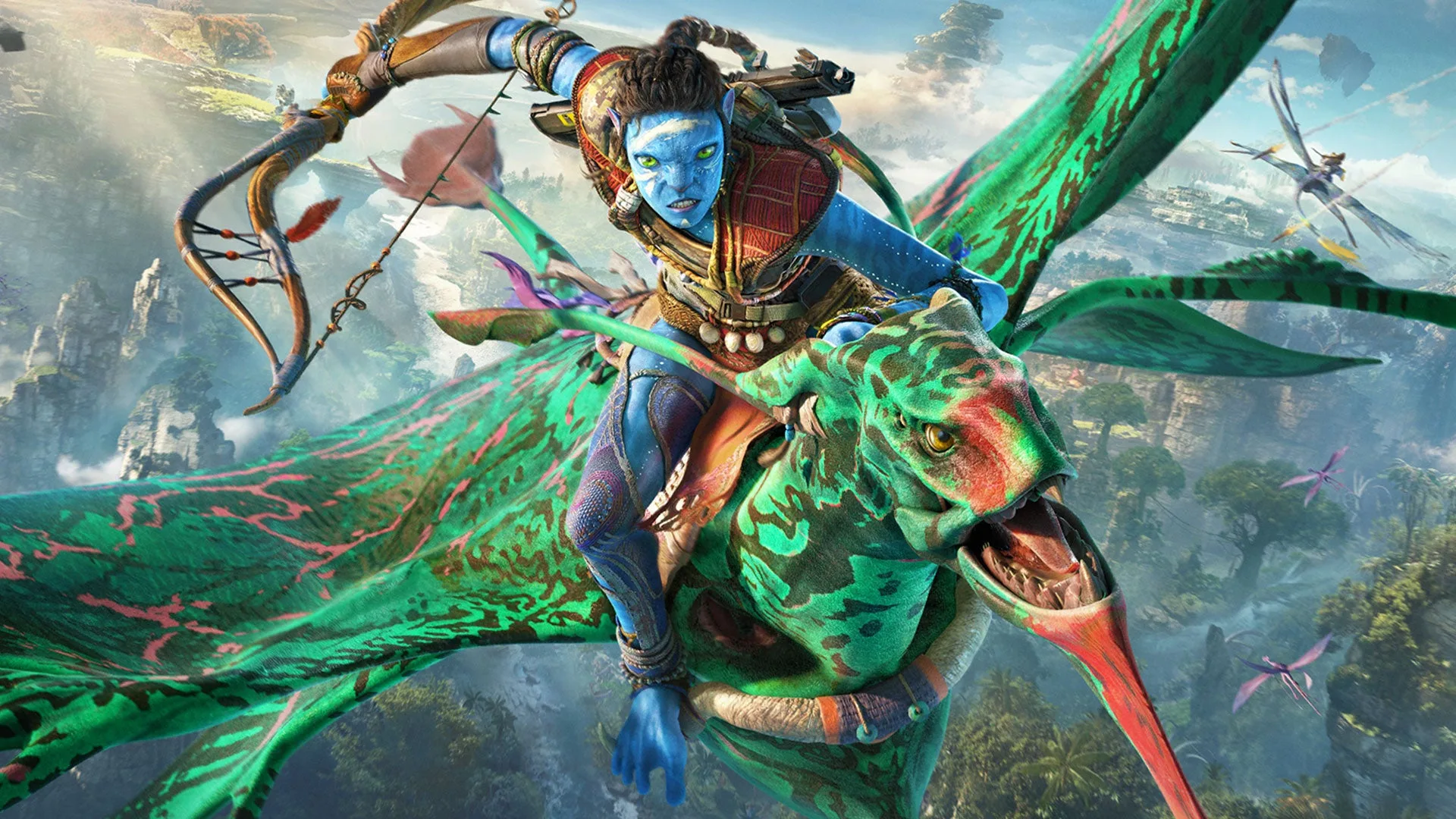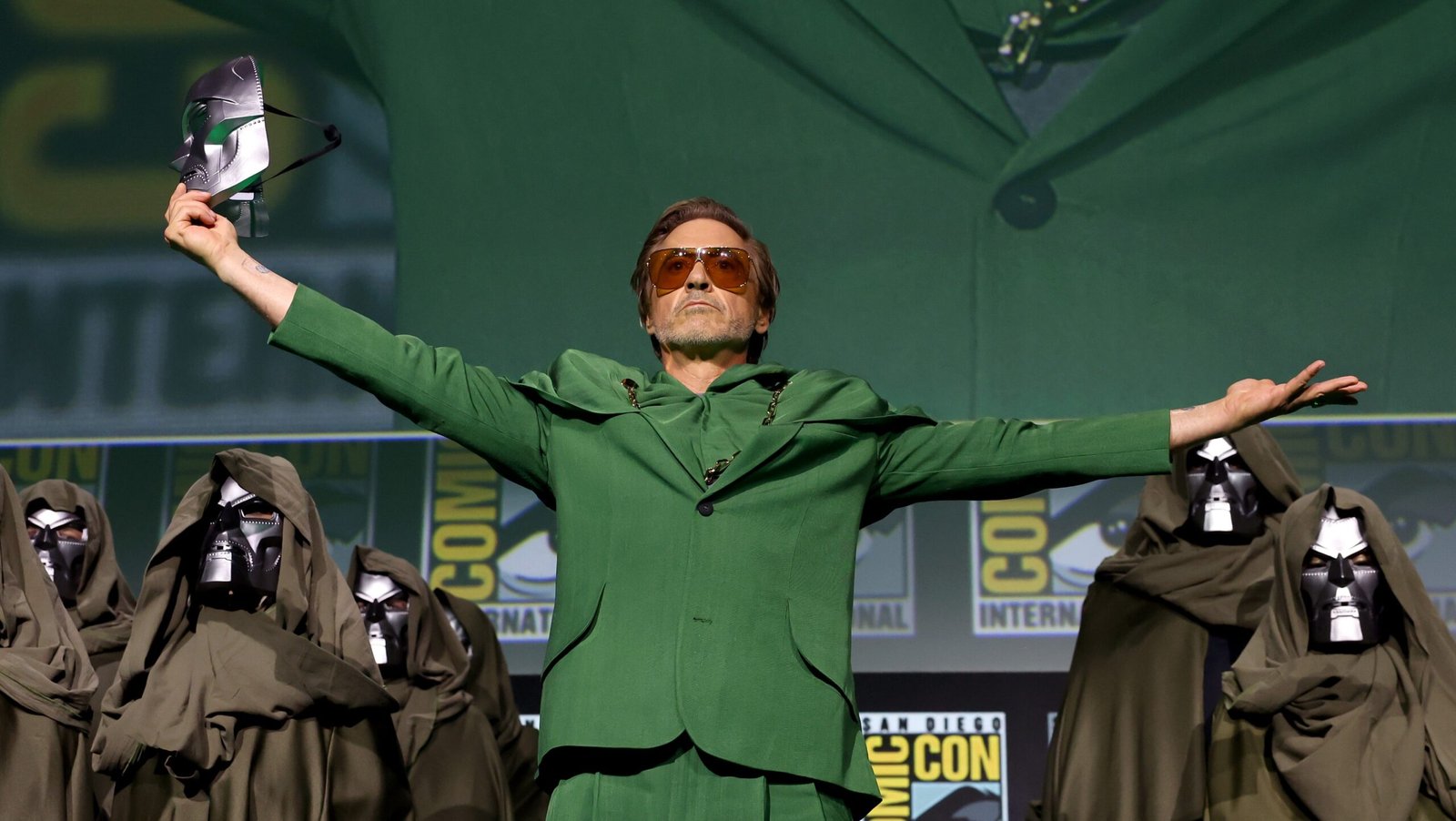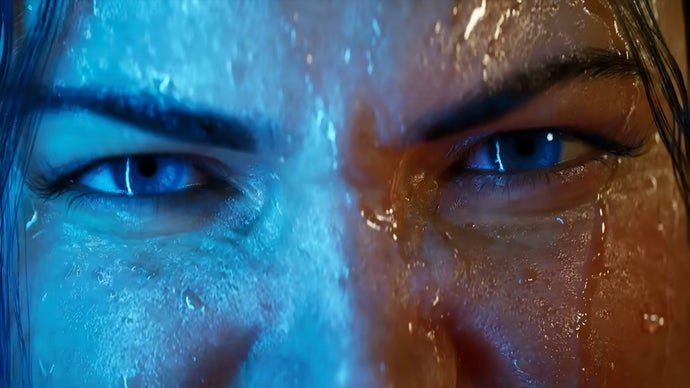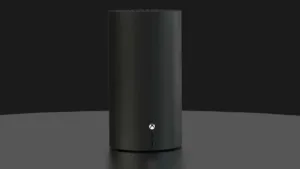How Avatar: Frontiers of Pandora’s Ikran Flight Quest Was Made – Concept to Controller
Ubisoft’s Avatar: Frontiers of Pandora offers us all the chance to visit the lush, forested homeworld of the Na’vi. And, at the very top of a floating mountain, you’ll be able to live out your own version of an iconic Avatar scene: taming and flying a Banshee (or ‘Ikran’ in the native Na’vi language.)
But just as important as the flight is the journey to the mountain’s summit; a climb full of incredible views, plants with strange abilities, and puzzles to solve. That climb is the centrepiece of Take Flight, one of Frontiers of Pandora’s milestone quests. It’s the work of dozens of developers, and we’ve spoken to several of them to find out how they made it.
Our latest episode of Concept to Controller puts the spotlight on six roles from across Ubisoft’s Sweden-based Massive Entertainment; creative direction, game direction, narrative, sound, technical art, and cinematics. Across the duration of the episode you can see how the Take Flight mission was planned, conceptualised, built, and polished. It’s a snapshot of the entire development process, featuring behind-the-scenes footage and in-depth interviews with Massive staff. You can watch it in the video panel at the top of this article.
“We’re looking to create a level that makes the player feel powerful, something that is joyful and happy, something where you feel rewarded from just moving through this space,” says game director Ditte Deenfeldt of Massive’s aims for the Take Flight quest.
“The way we built the level design I think is really clever,” says Magnus Jansen, Frontiers of Pandora’s creative director. “Yes, you are climbing up a mountain, but you’re doing so inside an internal structure of ravines, so you get quite high without noticing it. And then suddenly there’s this point where first the vista opens up and you realise you’re far above the canopy, you’re far above everything and you get the fantastic rendering systems, the amazing depiction of Pandora that our team has been able to pull off.”
You get the fantastic rendering systems, the amazing depiction of Pandora that our team has been able to pull off.
That smart level design is the map upon which many other elements are placed. Plants with special abilities provide parkour routes and puzzles, which creates a varied pace as you ascend the mountain. Locational triggers are embedded along the path to ensure music plays at exactly the right moment to make a scene more emotional. And a friendly Na’vi named Eetu guides you on your journey, which provides both player help and a deeper narrative.
For more developer insights on Avatar: Frontiers of Pandora, take a look at why the developers chose the first-person perspective, and how the Na’vi and human weapons offer differing gameplay styles. And for more episodes of Concept to Controller, watch our deep dives on Dead Space’s necromorph transformation and Dead Island 2’s gore technology.
Matt Purslow is IGN’s UK News and Features Editor. Dale Driver is IGN’s Executive Producer of Video Programming.











Post Comment